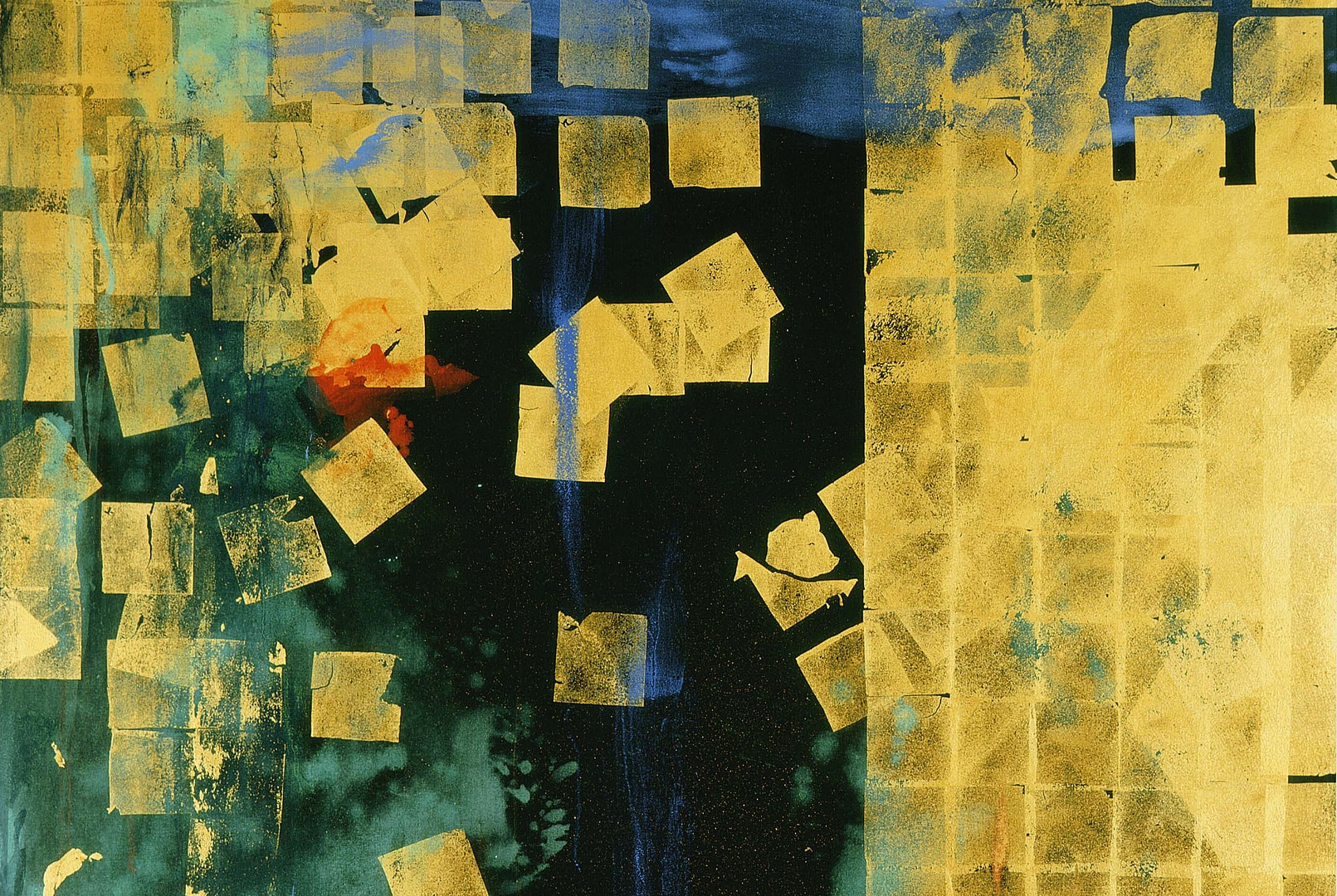Hello again! My name is Rich Christman, and I am pleased to be the still new(ish) Creative & Communications Director here on staff at Browncroft. In further introducing myself, as well as the newly expanded “creative” aspect of my job description and mission for the church, I figured there was no better place to start sharing than at the foundation of my and my team’s work:
As revealed in Scripture and carried forth in the practice of Christian artists today, creativity matters to Christ.
As we have been discussing, Jesus invites us to live as Citizens of Heaven not only in eternity, but in the here and now. Looking at Jesus’ model on how to live out this citizenship, we see how being a citizen of God’s new redeemed and restored world colors every area of life– politics, business, work, rest, gardening, culture, art… etc. As evangelical Christians, we have historically tended to overlook the significance of artistic creativity to our faith. Allow me to introduce you to Makoto Fujimura, a renowned Christian artist and author, who reminds us that the creative spirit is not only a reflection of God’s image within us, but also a vital aspect of our worship and service to Him, as well as our heavenly citizenship. By embracing our creative calling, we can deepen our connection with God and bring hope and redemption to a broken world.
Fujimura’s understanding of the Bible’s concept of “Imago Dei” (the image of God) highlights the inherent, God-programmed value of human creativity. As God is the ultimate Creator, our creative pursuits can be an act of worship, mirroring and participating in His creative nature. By acknowledging this, we can unlock the transformative power of art and imagination in our lives and for our communities. In light of this, Makoto Fujimura shares a vision for what he calls “Generative Christianity”. This lens encourages us to move beyond mere consumption or criticism (as perhaps has been our pattern), instead cultivating a culture that creates and gives life. Jesus calls us to a productive, fruitful culture that is focused on timelessness, truth, goodness, and beauty. By creating and maintaining beautiful things, we can embody the incarnational love of Christ, bringing light and hope to our now broken communities. If we allow ourselves to believe it by faith, we can become co-creators with God, participating in the redemption and restoration of all things.
By embracing our creative calling, we can deepen our connection with God and bring hope and redemption to a broken world.
The Bible itself is full of examples of creativity and artistic expression. These are found throughout Scripture, from the beautiful materials and intricate details of the construction of the Tabernacle found in Exodus 25, to the beauty and sonorance of King David’s Psalms, to the description of the glory of the city of New Jerusalem in Revelation 21-22. Beauty and truth are intertwined in our faith, revealing God’s character and nature as a Creator who cares deeply about beauty. As members of His body, when we embrace our creativity in light of this truth by working in our gardens, singing, painting, or capturing photographs, we can allow creativity to spiritually form us. These gifts of God are more than just diversion—they can shape our lives and the world around us into a reflection of the Gospel restoration of all things Jesus promises are to come.
***
So what does all this have to do with my work at Browncroft? Our God is in the business of creation and re-creation of not just souls, but all things (Romans 8, Colossians 1:20). Together, let’s make this a beautiful, incarnational place where the Spirit of the Lord in all its aspects can be found. Pray for me as I work prayerfully in our church to bring us ever more alongside God’s vision and Jesus’ example for a beautiful world.
Art + Faith: A Theology of Making (2021), Yale University Press
For more of Rich’s work and a local community of Christian artists, see Forefront Festival or @forefrontfest





